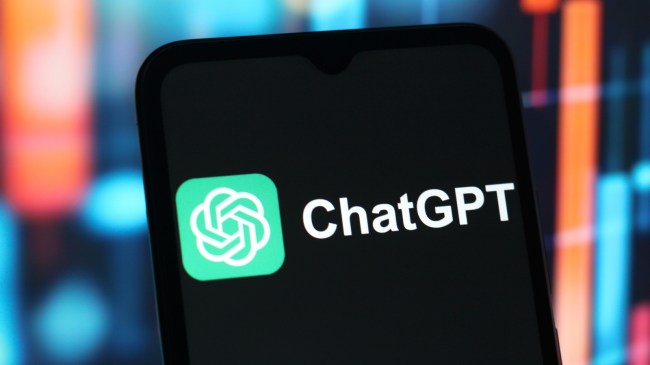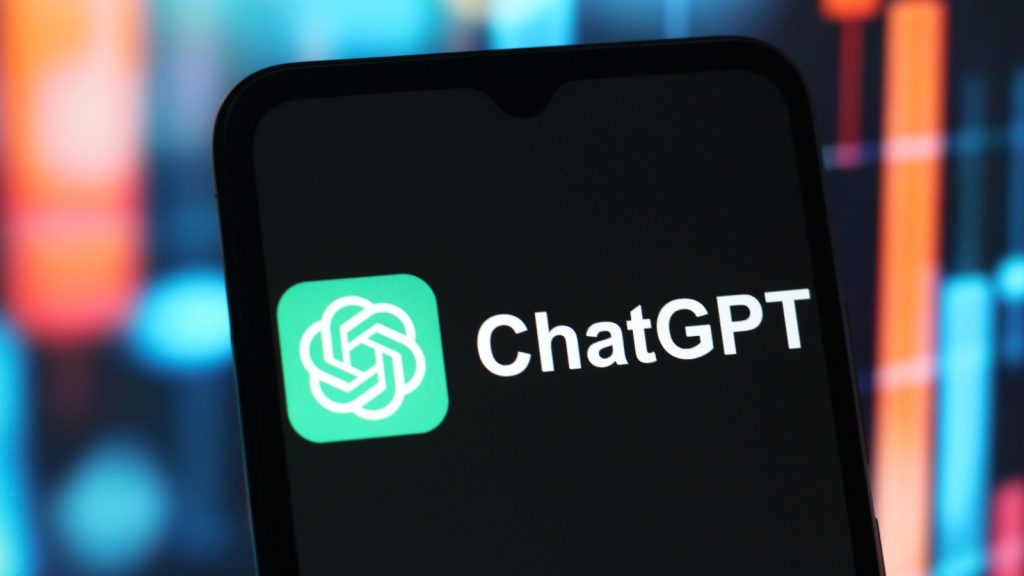
Getty Image

Audio By Carbonatix
In recent years, the growing use of ChatGPT in academia has absolutely riddled the field. But it appears the dangers of the generative AI chatbot are even greater than some first thought.
A new study conducted by researchers at MIT’s Media Lab shows startling effects of regular ChatGPT use, including lessened brain function and increased laziness.
The study divided 54 subjects from ages 18—39 in the Boston area. Participants were split into three groups, with each asked to write SAT essays using various forms of technological aid. One group was asked to use ChatGPT, another used Google’s search engine, and a third group used nothing at all. Researchers conducted the study over several months, and the results were wildly concerning for the ChatGPT users.
According to the published results, the essays published by ChatGPT showed a significant lack of original thought. A pair of English teachers assigned to asses the essays called them “soulless” and one of the lead researchers revealed that by the end of the assignment, most ChatGPT users did little to none of the work on their own.
ChatGPT Users In MIT Study Grew Increasing Lazy And Saw Brain Function Worsen
“It was more like, ‘just give me the essay, refine this sentence, edit it, and I’m done,’” the paper’s main author Nataliya Kosmyna told TIME.
Kosmyna says she fears for a world in which younger students are encouraged to use AI systems like ChatGPT to supplement or even replace traditional learning.
“What really motivated me to put it out now before waiting for a full peer review is that I am afraid in 6-8 months, there will be some policymaker who decides, ‘let’s do GPT kindergarten.’ I think that would be absolutely bad and detrimental,” she says. “Developing brains are at the highest risk.”
Perhaps more startlingly, the report discovered that “ChatGPT users had the lowest brain engagement and “consistently underperformed at neural, linguistic, and behavioral levels.”
On the other side of the spectrum, the group instructed to use only their brains showed the highest neural connectivity, especially in alpha, theta and delta bands. Those bands areare associated with creativity ideation, memory load, and semantic processing. Meanwhile, the Google Search, also achieved high satisfaction and active brain function.
At the end of the study, each of the groups were asked to rewrite a prior essay. In this situation, the ChatGPT group could use no technology, while the brain only group was allowed to use ChatGPT. The ChatGPT group often struggled to recall much of what it had initially written.
“The task was executed, and you could say that it was efficient and convenient,” Kosmyna said. “But as we show in the paper, you basically didn’t integrate any of it into your memory networks.”
Ultimately, there are useful ways to use generative AI. And there is benefits to society at large. But the problem comes with over-reliance on AI, and it seems we’re headed down a slippery slope.

